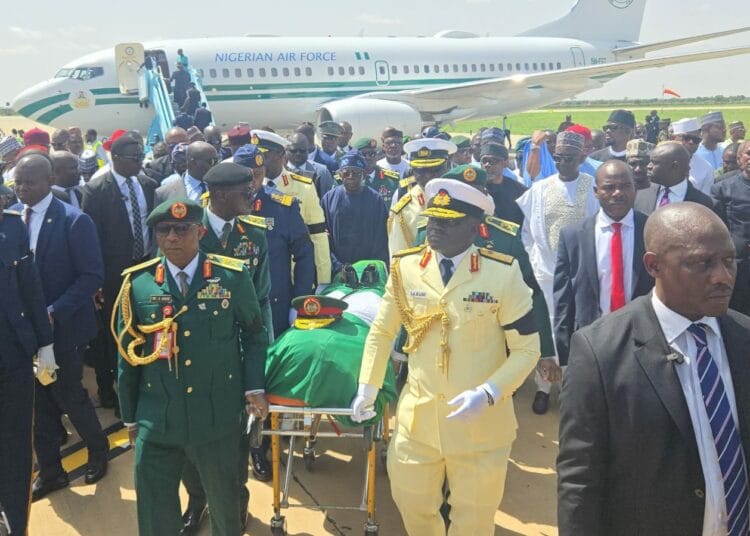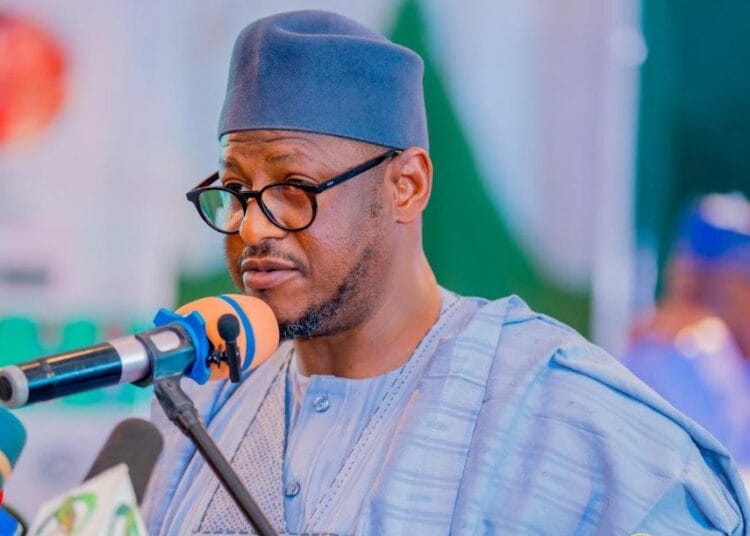 Abuja, Nigeria — The passing of Nigeria’s former President, Muhammadu Buhari, has stirred national reflection on a legacy that spanned military and democratic governance.
Abuja, Nigeria — The passing of Nigeria’s former President, Muhammadu Buhari, has stirred national reflection on a legacy that spanned military and democratic governance.
In a statement released in Abuja, national commentators described Buhari’s death as the end of an era, recognizing his five-decade-long service to Nigeria in various capacities.
Born in 1942, Buhari first entered public consciousness through the military, where he joined the Nigerian Army in 1962. He played notable roles during the Nigerian Civil War and steadily rose through the ranks.
His first stint as national leader came in 1983 when he became Head of State following a coup. During this time, he introduced the War Against Indiscipline (WAI) — a nationwide campaign to instill civic values and order, though his regime also drew criticism for authoritarian policies, including strict media laws and retroactive justice.
In the 1990s, he re-entered public service as Chairman of the Petroleum Trust Fund (PTF), earning commendation for overseeing impactful infrastructure projects under the Abacha regime.
Buhari later pursued democratic office, running for President in 2003, 2007, and 2011, before finally winning in 2015 under the All Progressives Congress (APC), defeating incumbent President Goodluck Jonathan.
As civilian President (2015–2023), Buhari focused on anti-corruption efforts, national security, and social intervention programs like N-Power. However, critics pointed to challenges in economic performance and rising hardship.
His presidency was also marked by frequent medical absences abroad, especially a notable 104-day stay in London in 2017, which raised national concerns about transparency and health disclosures.
In 2020, his administration faced a historic uprising during the #EndSARS protests — a youth-led demand for police reform that drew global attention.
Despite controversies, Buhari peacefully handed over power to his successor, Bola Ahmed Tinubu, on May 29, 2023, and retired to his hometown in Daura, Katsina State.
Analysts say Buhari’s life offers a portrait of resilience and leadership across turbulent decades of Nigeria’s history.
The government, political leaders, and citizens alike continue to pay tribute to a man whose name remains intertwined with Nigeria’s journey through military rule, democratic transition, and national identity.
By Makinde oyinkansola| July 13, 2025
Discover more from DnewsInfo
Subscribe to get the latest posts sent to your email.




